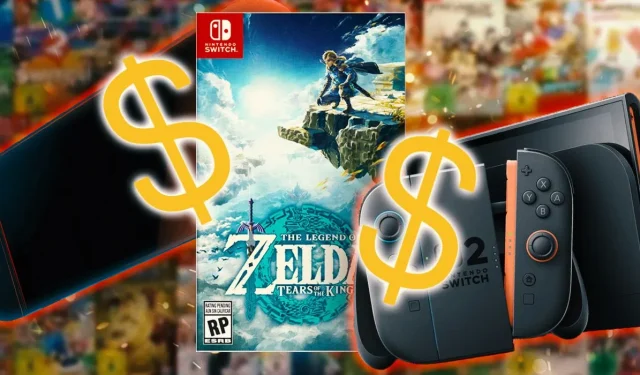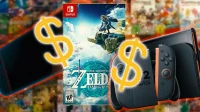Examining the Controversy of Nintendo Switch 2 Editions
The introduction of Nintendo Switch 2 Editions for classic titles initially appears to be a positive development. These enhanced versions promise an upgraded gameplay experience that revitalizes beloved games, showcasing the capabilities of the new console while offering players fresh enjoyment from familiar titles. However, beneath the surface, several challenges and criticisms arise regarding accessibility and affordability.
Complex Barriers for Players
Upgrade Costs Create Frustration
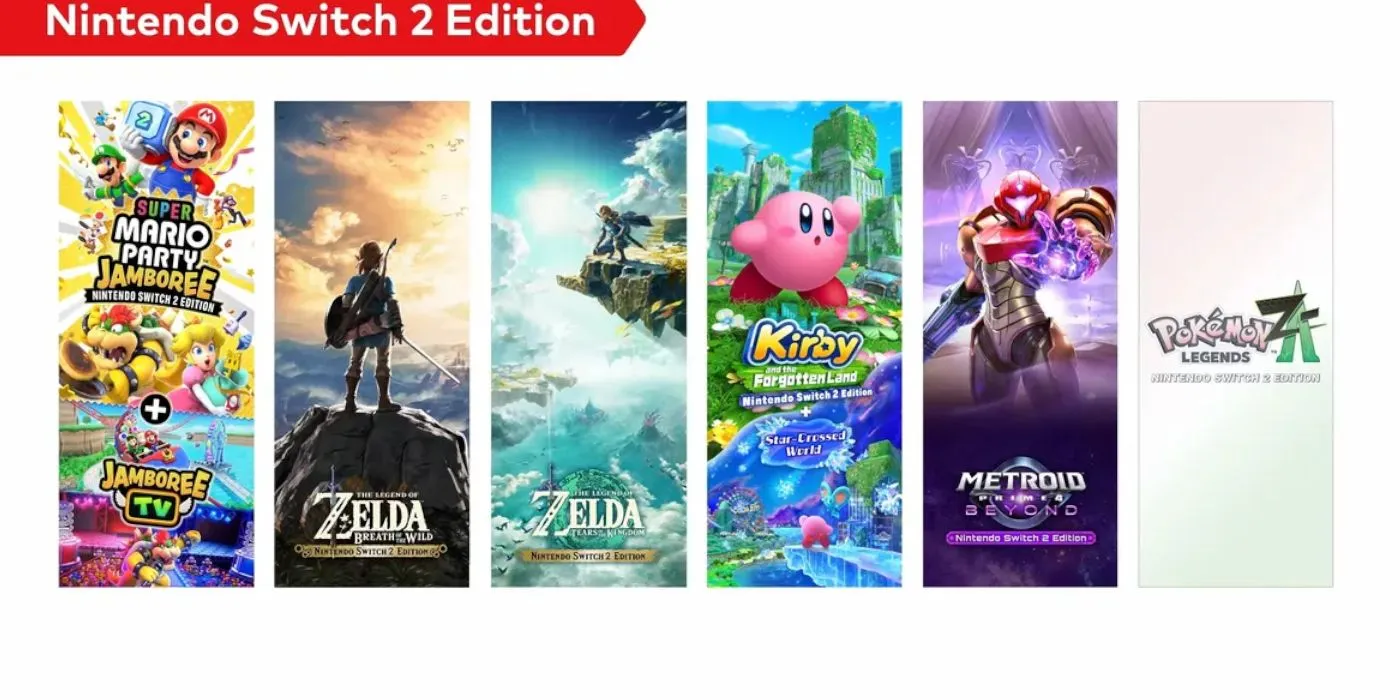
During the recent Switch 2 Direct, Nintendo announced that players who wish to upgrade certain titles will be required to pay an additional fee. For instance, The Legend of Zelda: Breath of the Wild and its successor, Tears of the Kingdom, will charge an upgrade fee of $9.99 USD, as confirmed by Bill Trinen, Nintendo’s Vice President of Product & Player Experience. This news may come as a surprise for players seeking merely a smoother gaming experience.
Nintendo has indicated that owners of titles like BOTW or TOTK subscribed to Nintendo Switch Online + Expansion Pack will be able to upgrade without incurring extra charges. However, clarity on whether this policy will extend to other Switch 2 Editions remains unclear.
The situation is even more concerning for potential new players who do not already own these titles. Although official details on pricing are sparse, retailers such as Walmart have listed the Switch 2 Edition of TOTK at around $79, a nearly $10 increase since its initial launch. This pricing strategy creates a significant barrier for newcomers, limiting access to these enhanced versions of fan-favorite games.
Value of Switch 2 Editions in Question
Minimal Upgrades Fail to Justify Costs
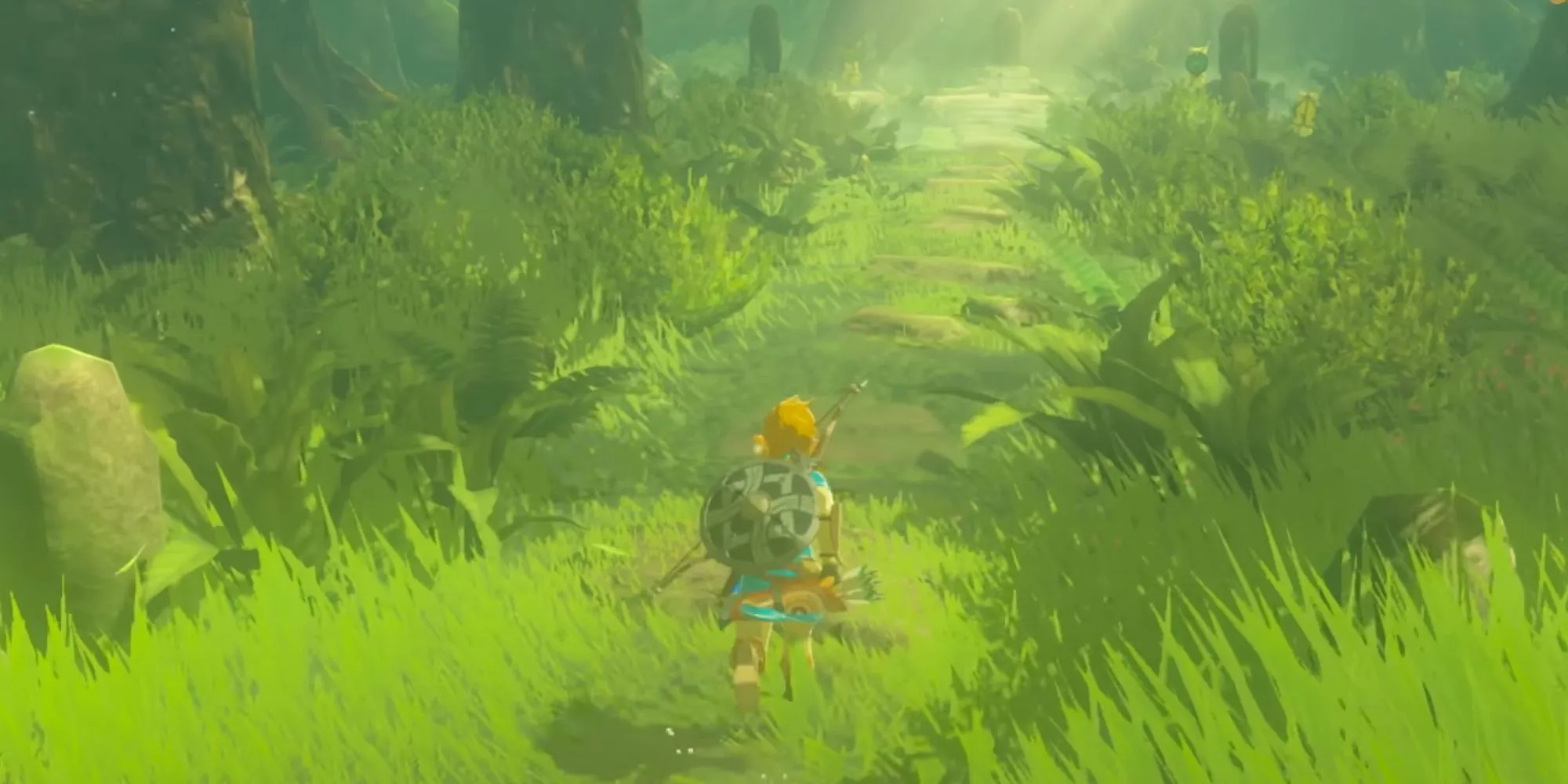
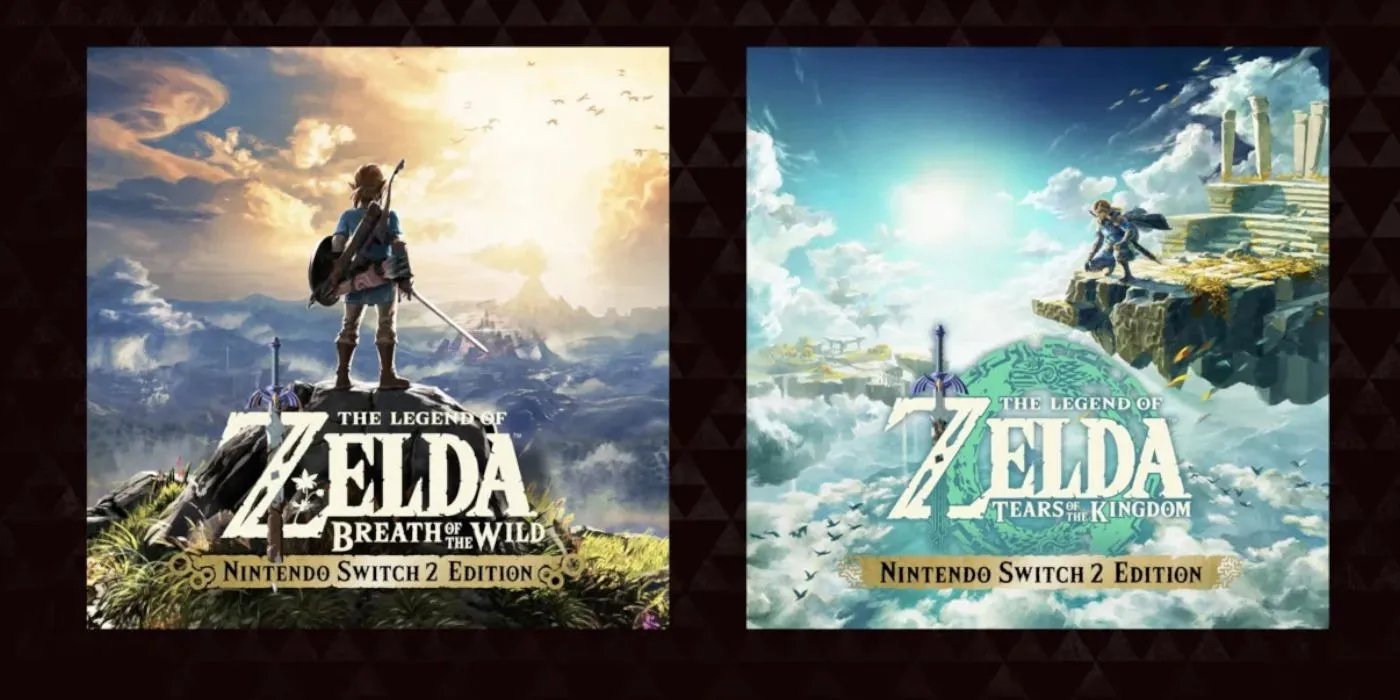
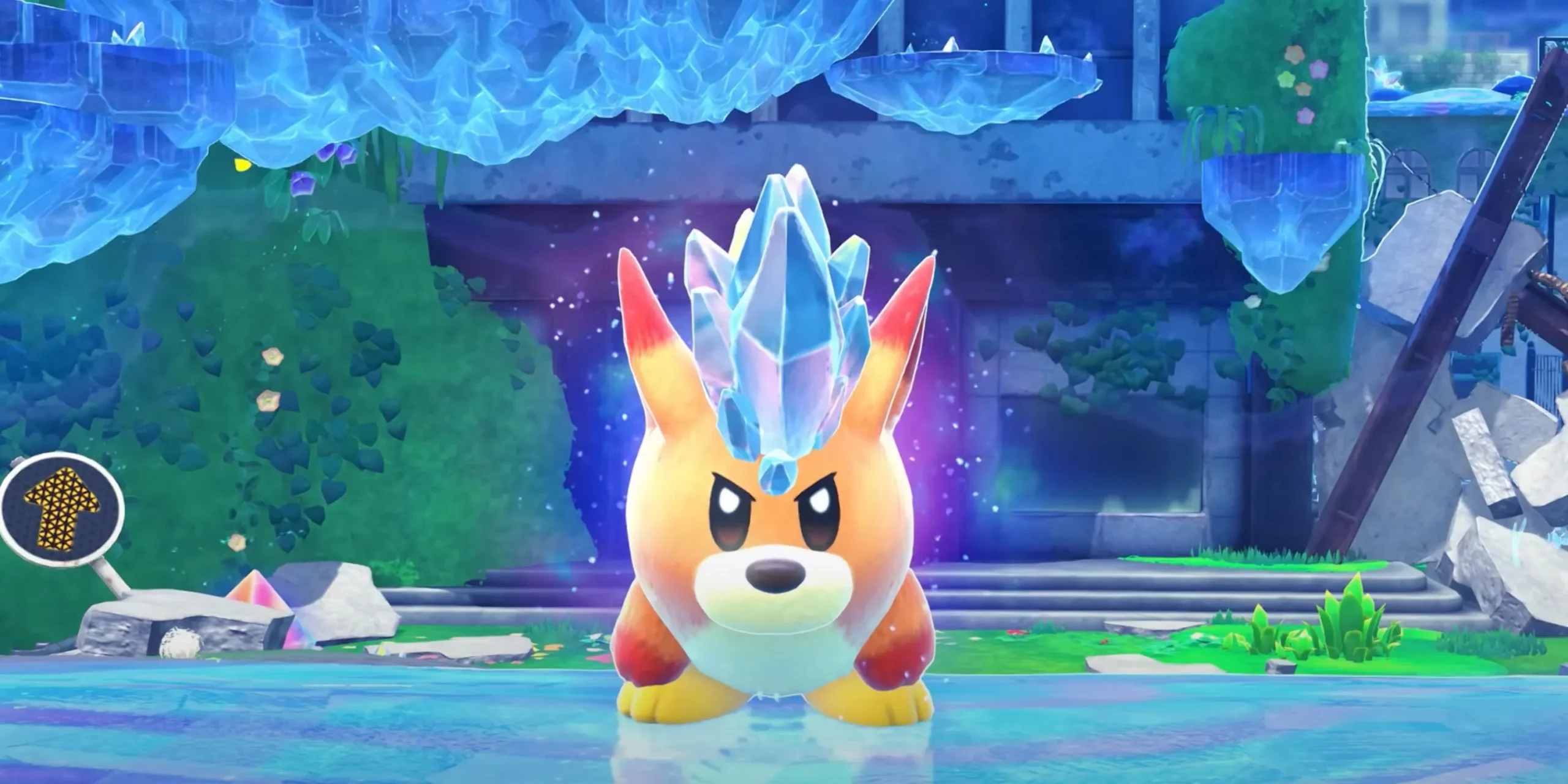
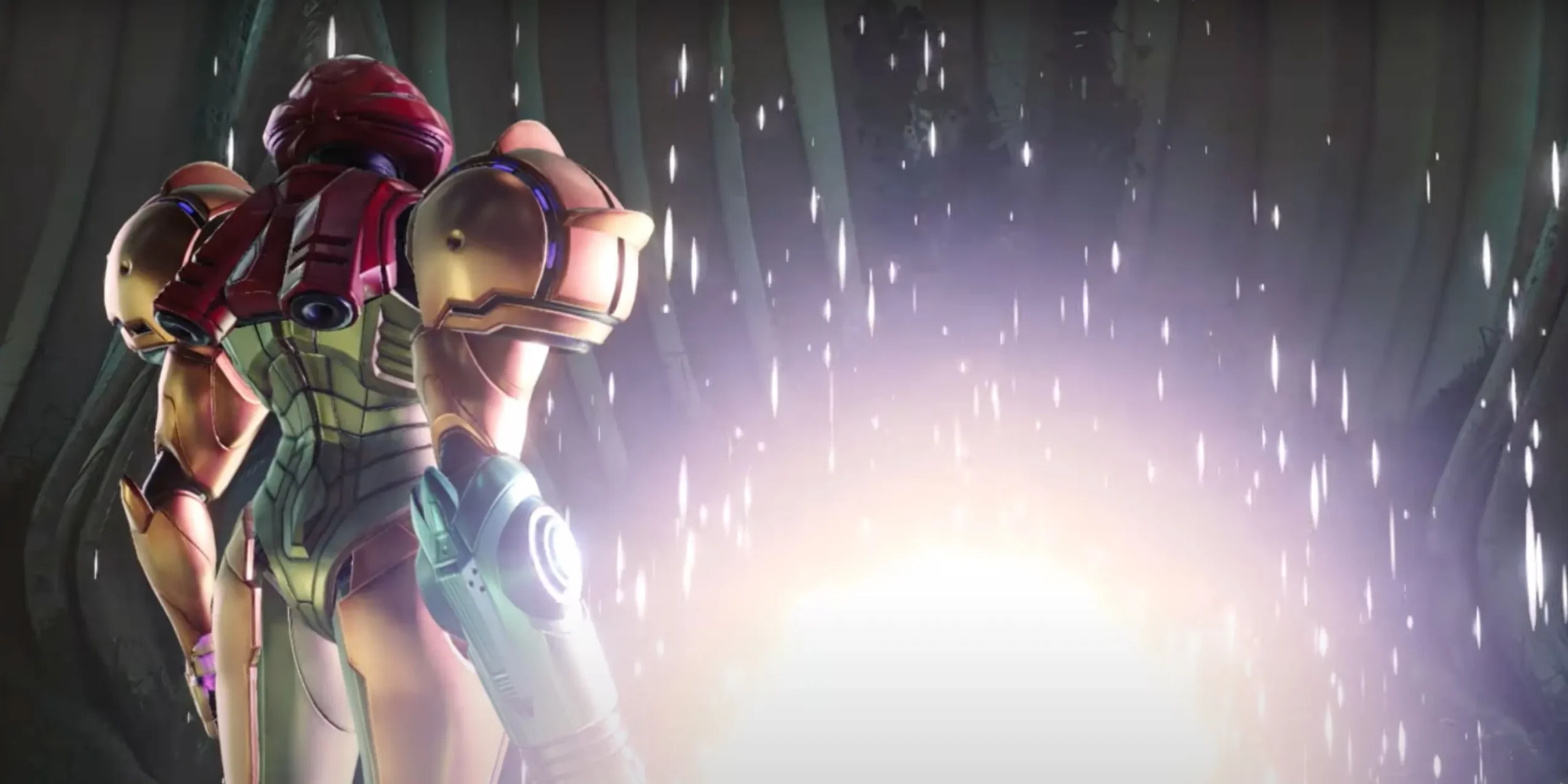
The frustration surrounding the pricing of Switch 2 Edition games is compounded by the lack of substantial upgrades to the original titles. For example, while BOTW and TOTK see enhancements in resolution and frame rates, alongside new features integrating with the Nintendo Switch app, they largely remain unchanged in gameplay mechanics. Similar patterns emerge with other slated Switch 2 Edition titles, including Metroid Prime 4: Beyond, which promises improved performance but very little beyond that.
There are exceptions like Super Mario Party Jamboree and Kirby and the Forgotten Land, which do introduce slight new content for returning players. However, these additions are relatively minor and do not adequately compensate for the overall elevated pricing, creating a perception that the potential rewards of upgrading simply do not justify the costs involved.
Pricing Perceived as Punishment
Impact on Consumer Appeal
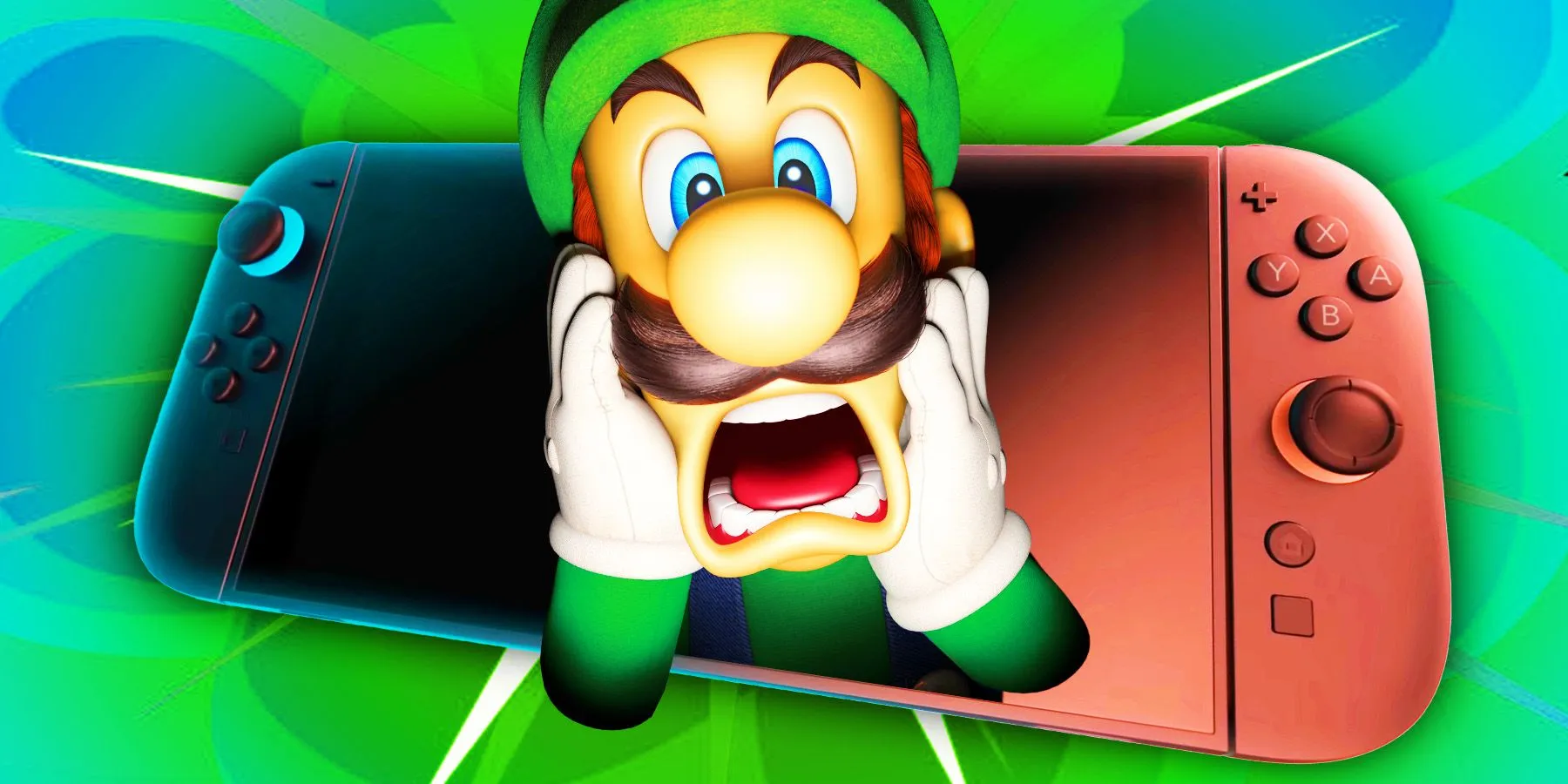
Ultimately, Nintendo’s approach to the pricing of Switch 2 Edition games feels punitive to dedicated fans. The fees imposed on current owners seeking upgrades create a frustrating barrier for those looking for enhanced gameplay experiences. Moreover, the high prices for full Switch 2 Edition packages alienate new players, making previously enjoyed titles virtually inaccessible.
While Nintendo is offering some free performance updates to select titles, these enhancements lack the depth to be considered distinct editions, further disappointing many in the gaming community. The cumulative effect of these pricing strategies may hinder the overall appeal of the Switch 2 console. If existing players feel dissuaded from upgrading due to high costs, the console’s market performance could be adversely affected from the outset.
In summary, while Switch 2 Edition games hold the promise of smoother gameplay and enhanced experiences, the financial burden associated with upgrading may deter a significant portion of the player base. Coupled with the minimal return on investment for these upgrades, potential buyers may find themselves disillusioned with both the pricing structure and the value proposition of the Switch 2 overall.
Sources: Nintendo of America/YouTube, Nintendo of America/YouTube, Walmart (1, 2)
